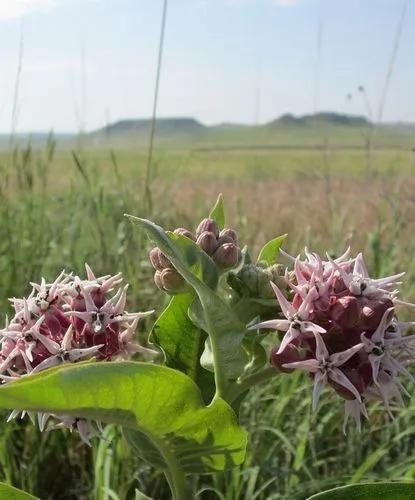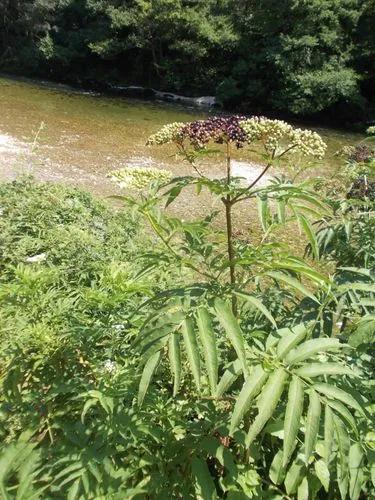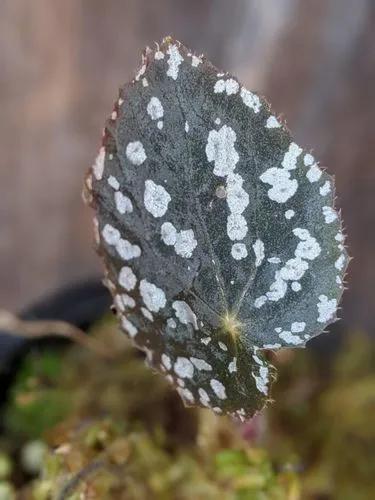Hydrocotyle sp.'Japan' is the popular name of the plant in different plant forums. It is a variant of Hydrocotyle tripartita from South-East Asia. It is characterised by fast, compact growth and small, intense green leaves on vertical stems.The plant is carpet-forming (5-10 cm tall) and its compact growth can be promoted by physically pressing the carpet with your hand when maintaining your aquarium (mechanical retardation). Carpet formation and compact growth do best in good light.
Water Pennywort Care
Hydrocotyle



How to Care for the Plant

Water

Brazilian Pennywort care is easy because the plant is so adaptable to a wide range of aquarium water conditions.

Pruning

Trimming Brazilian Pennywort may be necessary when the plant stems begin to outgrow their space in the tank. Under the right conditions, stems can sometimes grow longer than two feet. Select the portion of the stem needed to be trimmed and gently snip it with trimming shears. When trimming excess growth be careful not to pull or tug at the stem and make avoid tearing the plant.

Sunlight

Wide range, community tank lighting should work fine

Soil

Hydrocotyle verticillata is naturally found in marshes and shallow waters, which means it can also be grown emersed as a terrarium or paludarium plant.

Temperature

Water Temperature: 68 – 82 degrees Fahrenheit

Popularity

30 people already have this plant 15 people have added this plant to their wishlists
Discover more plants with the list below
Popular articles






